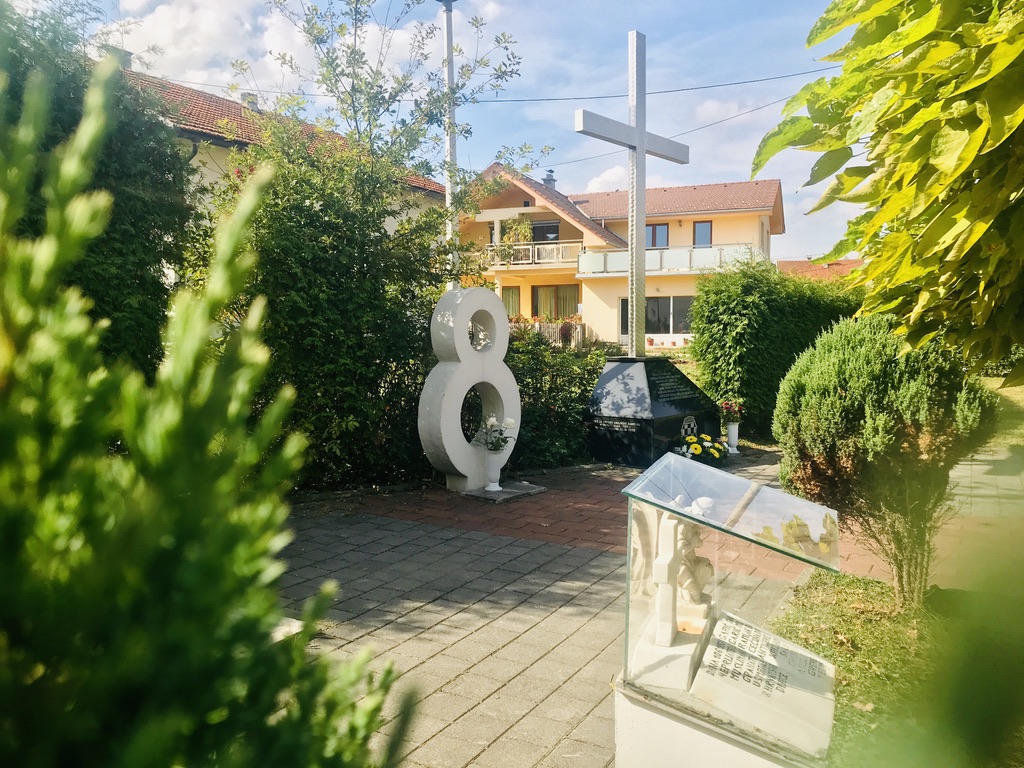Croatia’s credit rating is on the junk heap. This will affect all facets of the economy and place growth onto a wish-list, rather than on the done-list.
Rating agency Standard & Poor’s on Friday 14 December lowered Croatia into junk status to BB-plus from BBB-minus, concluding that the recent government reforms will not be enough to boost the economy.
Oh what a tangled web Croatia’s Cock-a-doodle-doo coalition government weaves as it spends the money it doesn’t have.
Oh what a tangled web Croatia’s Cock-a-doodle-doo coalition government weaves as it’s Prime Minister Zoran Milanovic stamps his feet, shouting: ratings are not important … one rating agency says one thing and another says something entirely different three months later … have we done anything scandalous during the last three months to deserved reduction in rating … no we haven’t…we will sort it out ourselves … we don’t need the IMF (International Monetary Fund) … government does not save … government takes out loans … all countries take out loans … we will borrow more money … we won’t lower the wages … we won’t reduce the numbers of workers paid from the public purse (source: Prime Minister Zoran Milanovic on Croatian HRT TV news 16th December 2012).
Well, it’s true nothing scandalous, or otherwise, has been done by Milanovic’s government in the past three months. It is precisely that inactivity that has earned the junk status for Croatia’s credit rating and Milanovic simply does not seem to see that.
Déjà vu overpowers me. I’ve heard this before. Croatians have lived this before. When Tito ruled over Communist Yugoslavia. Anything – even the rigid and productivity based unsustainable job security – to keep people believing the “party” is keeping the individual afloat, while the economy’s flushing down the toilet!
The question that must be asked: Why isn’t the Croatian government prepared to implement painful changes/cuts to its public expenditure, introduce real and meaningful incentives for private business enterprise that will benefit all in the long run? The answer could well lie in its fear that it will lose votes at the next elections if it cuts public expenditure/public jobs.
It’s about votes; bugger the consequences for “Joe Bloggs” down the street.
Standard & Poor wrote: “In our opinion, the Croatian government’s reforms have so far been insufficient to eliminate the structural rigidities that hamper the country’s growth potential… We believe that the government’s fiscal resolve has weakened, leaving structural budgetary weaknesses, such as high personnel and social expenditures, which together make up just under three quarters of central government spending, unaddressed. The outlook is stable, reflecting our view that Croatia’s wealth levels, relatively diversified economy, and future receipt of EU funds could help stabilize external imbalances and government finances while improving growth prospects.”
Milanovic crows about borrowing more money. He talks of other countries that are doing the same as if that’s very fine and O.K.
Well, it’s not OK.
It’s not O.K. to drown along with others.
The issue of debt won’t go away by borrowing more money. The more you borrow the more you must return. The issue won’t go away until the debts are liquidated. New loans are most likely going to prop up banks’ balance sheets or, God save the people from this one: more government bonds. Most likely nothing will go towards extending loans to businesses or households and getting out of the economic rut.
If the Croatia Bank for Reconstruction and Development (HBOR), headed by Anton Kovacev, appalling track record in instigating and supporting changes to and development of new private business enterprise is anything to go by, then Croatia is likely to stay on the junk heap for some time to come. HBOR has, according to Croatian HRT TV news December 17, also been placed onto the junk pile of economic performance/credit rating.
Finance minister Slavko Linic said December 17 that the government will be borrowing but the borrowing would mostly be internally, rather than externally. Kind of keep-things-local approach.
“Next year will not pose any problems with borrowing and the Croatian government can take out loans to the value of HRK 28 billion which are equal to its dues, with most of these being taken on the domestic market, and we will not release government bonds in the first quarter because there is no need for us to crash the value of our bonds on the foreign market and there is also no need to take out a loan with the International Monetary Fund (IMF),” Finance Minister Slavko Linic said on Monday 17 December.
To throw a spanner into the government’s works, the Croatian National Bank governor Boris Vujcic holds that dependence upon domestic borrowing is not a good plan to recovery and economic growth. Vujcic states that in such circumstances interest rates would grow and it’d push out private borrowing – and that would result in a further ratings fall.
With HBOR’s poor rating and performance and Croatian National Bank (HNB) governor being at loggerheads with the government over the source of funds for government borrowing the real issues of desperately needed financial, public expenditure, private enterprise invigoration get lost and economic growth is in the can the government keeps kicking down the road. Decisions to implement real changes, get rid of structural rigidities, keep being delayed and the children of today will indeed bear the full burden when the government debt collectors start banging – not knocking – on the door.
If Milanovic was looking up to countries like Portugal, Spain, Greece … when he gave borrowing a thumbs up, then he’d better look again. One wouldn’t want Croatia to end up where these countries are heading – bankruptcy! Milanovic and his government have said several times over recently that foreign investment in Croatia hasn’t been coming as they thought it would. Of course it hasn’t – private investors look for security and flexibility that would allow decent profits and Milanovic’s government just hasn’t been delivering its part of the deal. They seem to be stuck in business operational rigidity, much of which corroded the economy of Communist Yugoslavia.
The reality is that national banking systems in Europe are having a hard time borrowing money from private investors and, hence, the European Central Bank (ECB) is becoming the lender of last resort. Perhaps ECB loan “terms and conditions” aren’t as rigid as those of the private sector and Milanovic might put on a pair of rosy-coloured glasses on his way to grab some ECB seemingly free money – if he sides with HNB governor rather than his Finance minister on the issue of borrowing, that is.
Don’t hold your breath for a better future on “free” or “easy” money terms ECB’s peddling.
Then Croatia (like Portugal or Greece) will become overborrowed, have an even smaller chance of growing the economy. Finance minister’s statement that new borrowings in 2013 will just be enough to service existing debt supports such dire consequences for the ever growing number of the unemployed and poverty stricken individuals!
Such government borrowing is, in reality, a “rob Peter to pay Paul” self-inflicted predicament. What happens next?!
This is the biggest threat to the country and the people’s wealth and measures must be taken to protect the people and avoid utter misery. Such measures do not include inhaling solace, like Milanovic does, from comparing Croatia to other countries that borrow money.
Milanovic and his government are perhaps also marking time, kicking the can down the road, until EU funds start kicking in after 1 July 2013 (when Croatia is expected to become member of EU). That’s what Tito would do if he and the Communist Yugoslavia were still alive. Well, this just isn’t good enough. No EU fund will save the Croatian economy unless Croatia itself walks the hard yards and implements required changes to its public expenditure and vigorously stimulates sustained growth in small to medium private business enterprises. Ina Vukic, Prof. (Zgb); B.A., M.A.Ps. (Syd)









Leave a reply to Michael silovic Cancel reply